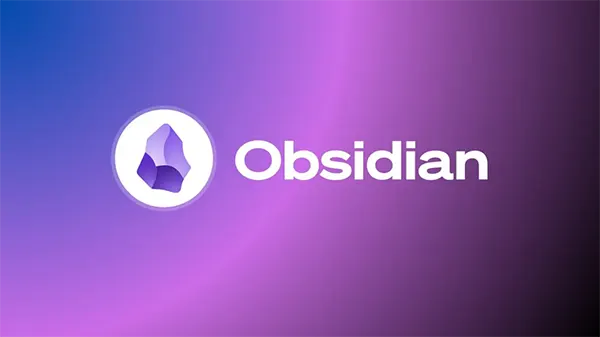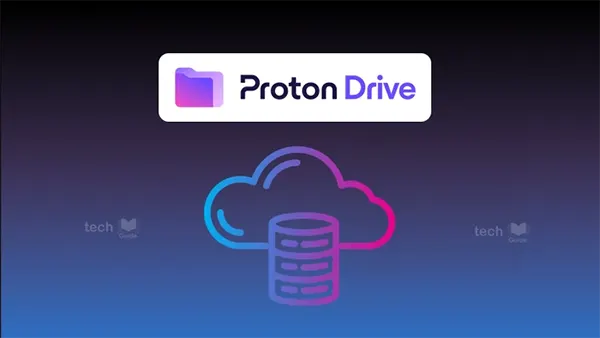Mobile Apps That Simplify Remote Work

Remote work has become a permanent feature of the modern workplace, demanding tools that enhance productivity and collaboration. Mobile apps have risen to this challenge, offering solutions that simplify tasks, improve communication, and support seamless project management. In this article, we explore the essential mobile apps that are making remote work more efficient and accessible for professionals across various industries.
Communication and Collaboration
Effective communication is the cornerstone of successful remote work. Without face-to-face interactions, teams rely heavily on digital tools to stay connected and collaborate in real-time. Leading the pack are mobile apps like Slack and Microsoft Teams, which have revolutionised how remote teams communicate. Slack offers a platform where team members can exchange messages, share files, and integrate with other productivity tools, all in one place. Microsoft Teams takes it a step further by combining chat, video conferencing, and file storage into a single, unified experience.
Beyond messaging, video conferencing apps like Zoom have become indispensable. With the ability to host virtual meetings, webinars, and conferences, Zoom ensures that remote workers can maintain face-to-face interactions, crucial for team cohesion and effective communication. These apps are designed to keep remote teams connected, regardless of where they are in the world, making them essential for any remote work setup.
Task Management and Productivity
Staying organised and productive can be challenging when working remotely. Fortunately, several mobile apps are designed to help individuals and teams manage their tasks and projects effectively. Notable among these are Trello and Asana. Trello’s card-based system allows users to visualise their tasks and projects, making it easier to track progress and manage workloads. Users can create boards for different projects, add task cards, set deadlines, and collaborate with team members seamlessly.
Asana, on the other hand, offers a more robust project management experience. It provides teams with the tools to plan, track, and manage work from start to finish. With features like task assignments, progress tracking, and project timelines, Asana helps remote teams stay on top of their work and meet deadlines consistently. Both Trello and Asana are designed to enhance productivity by ensuring that all team members are aligned and focused on their tasks.
File Sharing and Cloud Storage
Remote work requires constant access to files and documents, making cloud storage and file-sharing apps crucial. Dropbox and Google Drive are leading choices in this category, offering secure, reliable platforms for storing and sharing files. Dropbox allows users to sync files across devices, ensuring that the latest version of any document is always accessible. Its robust security features also protect sensitive information, which is critical for maintaining confidentiality in remote work settings.
Google Drive goes beyond basic file storage by integrating with Google’s suite of productivity tools, including Docs, Sheets, and Slides. This integration allows users to create, edit, and collaborate on documents in real-time, all from their mobile devices. Google Drive’s collaboration features are particularly useful for remote teams working on shared projects, as they ensure that everyone is working with the most up-to-date information.
These apps not only facilitate easy access to files but also ensure that collaboration can happen in real-time, regardless of team members’ physical locations.
Time Management and Scheduling
Effective time management is critical for remote workers who need to balance multiple tasks and deadlines. Mobile apps like Toggl and Calendly have become indispensable for managing time and schedules. Toggl offers a simple yet powerful time-tracking solution, allowing users to monitor how much time they spend on different tasks. This data helps remote workers understand their productivity patterns and make informed decisions about how to optimise their time.
Calendly, on the other hand, simplifies the process of scheduling meetings. By integrating with users’ calendars, Calendly allows others to book meetings based on available time slots, reducing the back-and-forth often involved in scheduling. This app is particularly useful for remote workers who need to coordinate meetings across different time zones, as it ensures that all parties are on the same page regarding availability.
Both Toggl and Calendly are designed to help remote workers take control of their time, ensuring that they stay productive and on schedule.
With these time management tools, remote workers can streamline their workdays, reduce stress, and increase efficiency.

Security and Privacy
Security is a top concern for remote workers, especially when dealing with sensitive information. Mobile apps like LastPass and NordVPN provide essential security features that protect data and privacy. LastPass is a password manager that allows users to store and manage their passwords securely. By generating strong, unique passwords for each account, LastPass helps remote workers protect their digital identities and reduce the risk of security breaches.
NordVPN offers a reliable virtual private network (VPN) service that encrypts internet traffic, ensuring that sensitive data remains private and secure. This is particularly important for remote workers who often connect to public or unsecured Wi-Fi networks. With NordVPN, remote workers can browse the internet safely, knowing that their data is protected from hackers and other malicious entities.
These security apps are essential for maintaining the integrity and confidentiality of remote work operations. They provide peace of mind, allowing remote workers to focus on their tasks without worrying about potential security threats.
In conclusion, mobile apps have become indispensable tools for simplifying remote work. From communication and collaboration to task management and security, these apps provide the necessary support for remote teams to function efficiently and securely. As remote work continues to evolve, the reliance on these digital tools is only expected to grow, making it crucial for professionals to choose the right apps that cater to their specific needs.




